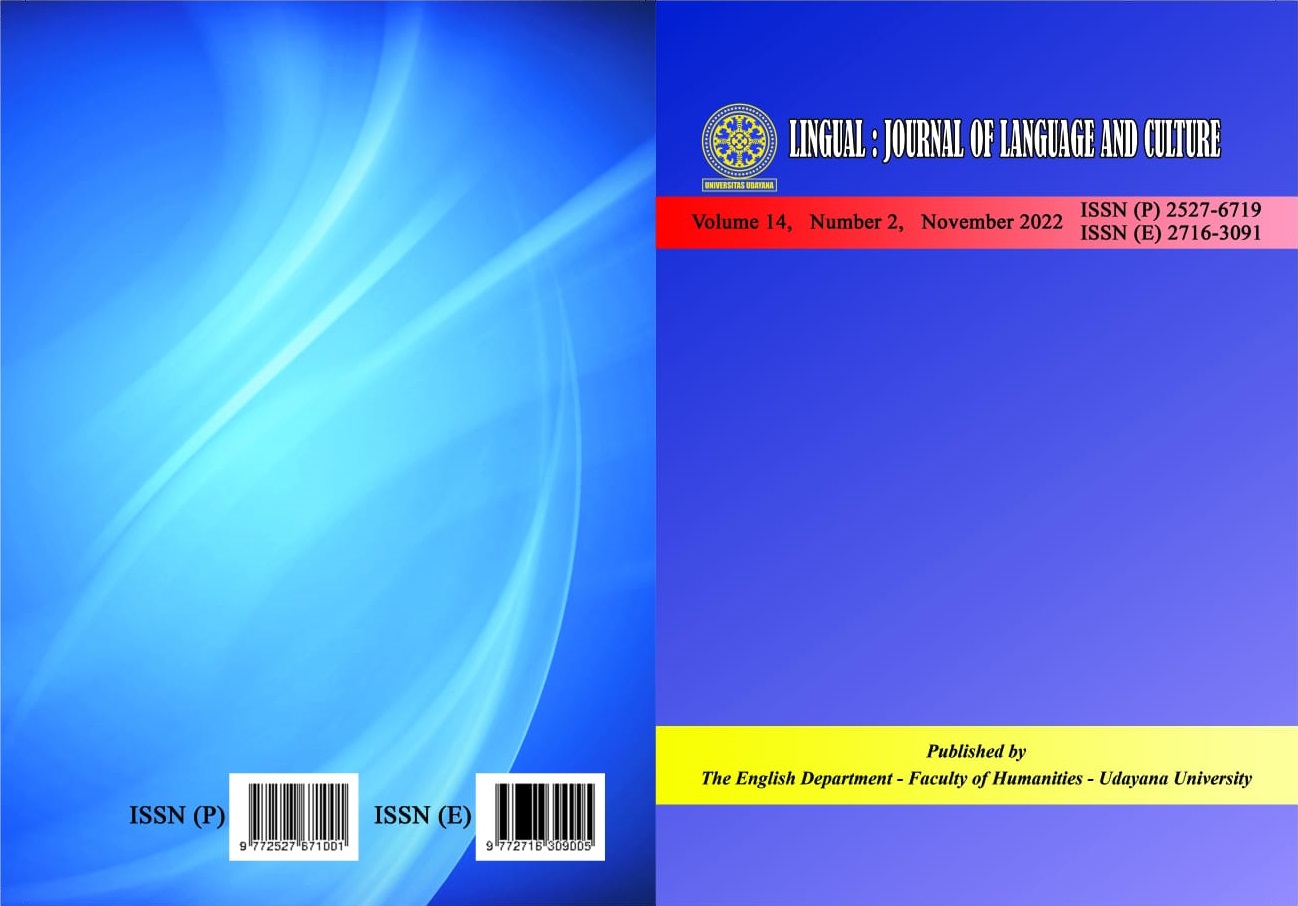Improving Students’ Vocabulary Mastery by Using Fly Swatter Game
Abstract
The purpose of this study was to determine whether using a Fly Swatter Game may aid kids in developing their vocabulary. Classroom Action Research was used to perform this study. The students in this study were from MTs Nahdlatut Thullab's seventh grade, which had a total of 24 students. Two cycles of planning, acting, observing, and reflecting were used in this study. The information was acquired using both qualitative and quantitative methods. Analyzing the interview and observation results yielded qualitative data. The students' pre-test and post-test vocabulary scores were then used to generate data of quantitative. Based on the findings of this research, students' vocabulary mastery improved, as shown by the mean pretest score of 53.6, the mean post-test 1 score of 66, and the mean post-test cycle 2 score of 83.6. In addition, four students (16.6%) passed the Minimum Mastery Criteria (Kritieria Ketuntasan Minimal) on the pretest (KKM). Meanwhile, 9 students (37.5%) passed (KKM) in cycle 1, and 18 students (75%) passed (KKM) in cycle 2. It indicates that the success conditions were met. Additionally, the results of the interview and observation showed that when the fly swatter game was played, the students were engaged in the teaching-learning process.
Keywords: Improving, students, Vocabulary Mastery,Fly Swatter Game












